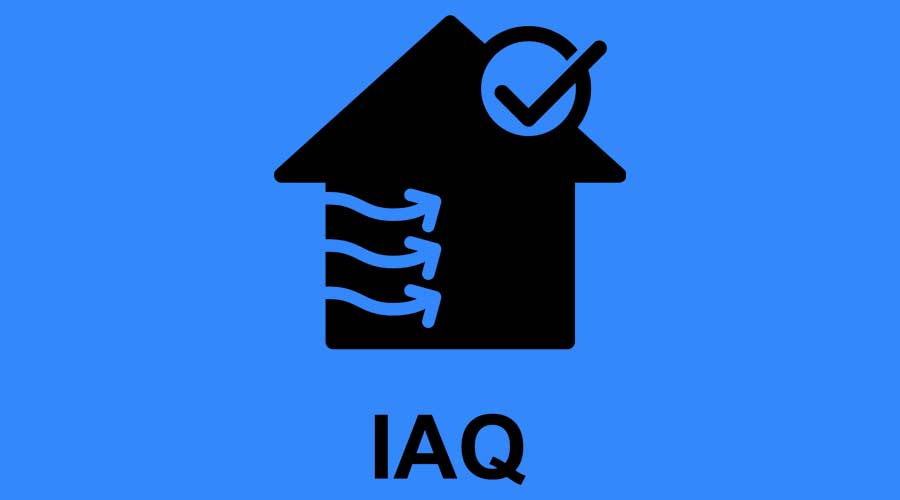
Contributed by The Ashkin Group
The U.S. Environmental Protection Agency’s new Clean Air in Buildings Challenge provides building owners and managers with guidelines and recommendations to help improve indoor air quality in their facilities.
However, according to Steve Ashkin, president of The Ashkin Group, the professional cleaning industry’s foremost advocate for Green Cleaning and sustainability, while the EPA says cleaner air can help prevent the spread of “infectious diseases like COVID-19,” it did not go far enough into why cleaner air is so important.
“For one thing, they forgot to mention that the World Health Organization estimates there are seven million deaths each year due to poor outdoor and indoor air,” says Ashkin.
To make up for this oversight, Ashkin offers building owners and managers the following “whys for clean indoor air.”
Maximize Profits
Poor indoor air quality (IAQ) can cause people to feel unwell at work, negatively impacting their cognitive abilities and productivity. This decline in performance costs employers billions of dollars annually. On the other hand, the Harvard T.H. Chan School of Public Health reports that improving IAQ increases worker productivity by $6,500 per employee, enhancing profits for businesses and organizations.
Improves Mood and Morale
Poor indoor air quality adversely impacts moods, morale, and motivation in school and work settings. This also lowers worker productivity and the ability of students to learn. All of these issues can be minimized or eliminated by enhanced IAQ.
Stops the Spread of Disease
The EPA acknowledges that improved IAQ could help prevent the spread of COVID. But there are other diseases associated with poor IAQ. These include the following:
• Allergies, headaches, and in schools, asthma
• Loss of coordination
• Nausea
• Damage to liver, kidneys, and the central nervous system
• Potential hazards to pregnant women
• Lung disease
• Cancer
Lengthens Life Spans
Four years after China declared war against air pollution in 2014, the Energy Policy Institute at the University of Chicago (EPIC) estimated that if it continued, life spans in China would increase from 2.5 to as much as 5.3 years.
“Green Cleaning is the best way the professional cleaning industry can improve IAQ,” adds Ashkin. “Green Cleaning solutions contain low- or no-VOCs. Volatile Organic Compounds negatively impact IAQ.
Properly maintained, high-performance vacuum cleaners, dusting with microfiber and similar materials that capture dust, and installing impurity-catching soft entryway mats, have all helped our industry protect indoor air.”

 Celebrating BSCAI's 60th Anniversary eBook
Celebrating BSCAI's 60th Anniversary eBook The Down and Dirty on Cleaning in Virus Season
The Down and Dirty on Cleaning in Virus Season How Surfactant Use is Expanding in Commercial Cleaning
How Surfactant Use is Expanding in Commercial Cleaning